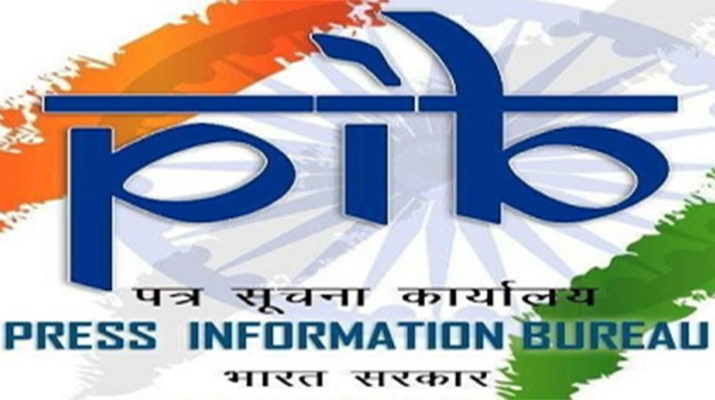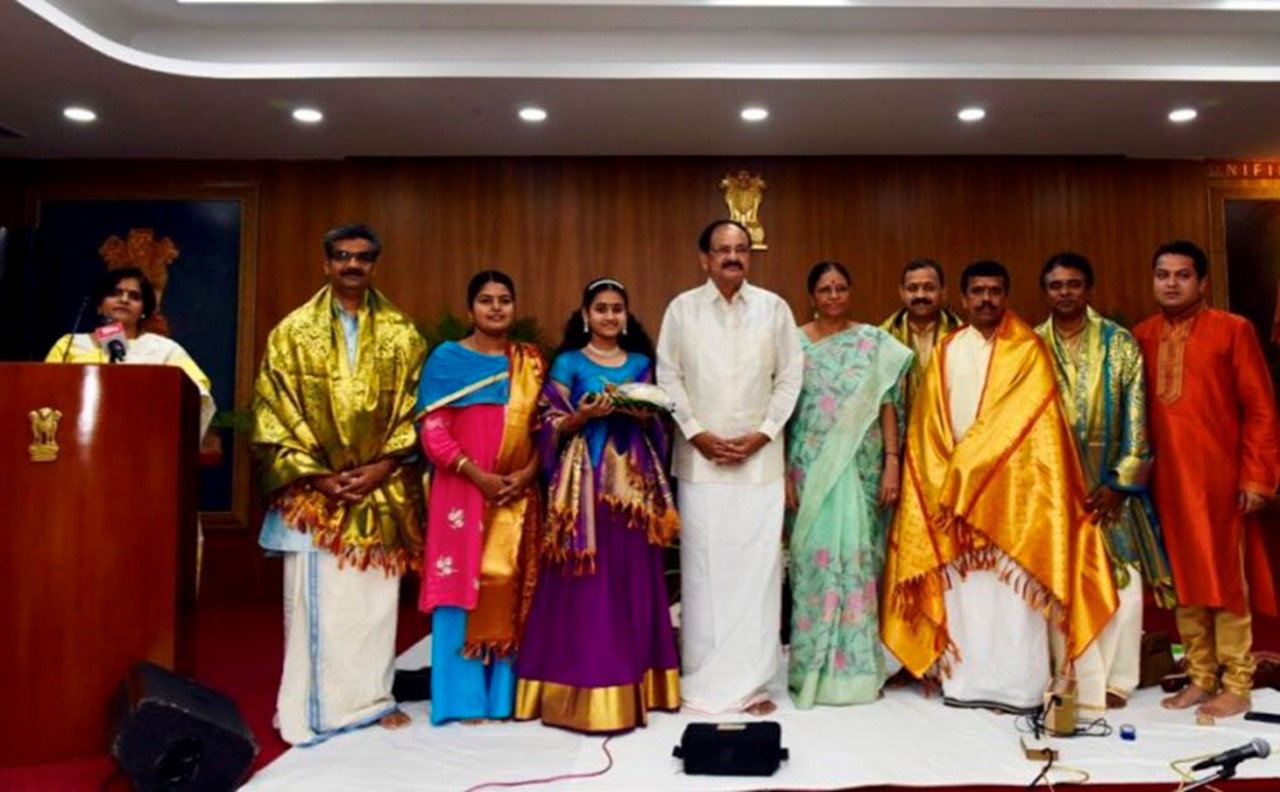
The sixth India-China Strategic Economic Dialogue (SED) came to a conclusion today in New Delhi with both sides agreeing that the SED has emerged as a crucial mechanism to facilitate bilateral trade and investment flows and enhance economic cooperation between the two sides.
The Dialogue which was held from held from 7-9 September 2019 in New Delhi comprised of round table meetings of Joint Working Groups on infrastructure, energy, high-tech, resource conservation and policy coordination followed by technical site visits and closed door G2G meetings. Senior representatives from policy making, industry and academia participated in this dialogue from both sides. The Indian side was led by Dr. Rajiv Kumar, Vice Chairman, NITI Aayog and the Chinese side by Mr. He Lifeng, Chairman, NDRC.During his intervention, Dr. Rajiv Kumar, Vice-Chairman, NITI Aayog, emphasised on taking concrete steps to address India’s trade imbalance with China.
The two sides through pragmatic and outcome oriented deliberations of the six working groups arrived at following mutual agreements:
- Policy Coordination:The two sides undertook in-depth discussions reviewing trade and investment climates in order to mutually identify complementarities and harness synergies to this effect future engagement. Potential areas of collaboration across innovation and investment focusing on fintech and related technologies were highlighted. The two sides agreed to exchange annual calendar of activities to further activate regular channels of communication.
- Working Group on Infrastructure: The two sides noted the significant progress made in the feasibility study on Chennai-Bangalore-Mysore railway upgradation project and personal training of Indian senior railway management staff in China, both of which have been completed. They held detailed discussions on identifying the next steps in all areas of cooperation as well as on taking forward the study project exploring the possibility of Delhi-Agra high speed railway in the pilot section. The two sides agreed to identify new projects for cooperation as well as support enterprises to expand cooperation in the transport sector.
- Working Group on High-Tech: The two sides assessed the achievements made since the 5th SED and exchanged views on regulatory procedures of ease of doing business, development of artificial intelligence, high-tech manufacturing, and next-generation mobile communications of both countries. Discussions were held on technological innovation, industrial situation, and mechanism for further strengthening cooperation as well as on India-China digital partnerships, data governance and related industry policy.
- Working Group on Resource Conservation and Environmental Protection: The two sides discussed and reviewed the progress made in the fields of water management, waste management, construction & demolition waste and resource conservation. The two sides also deliberated on the role of innovation in the sector. Effective utilization of novel concepts in low cost construction technology, methods of flood and erosion control, air pollution etc. was also discussed. They also pressed upon the need for promoting cooperation in emergent areas like Waste to Power, co-processing of Septage with Sewage Sludge, storm water management etc. In order to promote enhanced cooperation in the above areas, two sides agreed on continued interaction and exchange of relevant information more frequently.
- Working Group on Energy:Both countries identified future areas of collaboration and resolved to work on Renewable Energy space, Clean coal technology sector, Smart Grid & Grid integration and Smart meters & E-mobility sectors. Both sides agreed on cooperation in R&D for developing new technology for manufacturing solar cell from alternate material and improvement of efficiency of solar cells. Both sides also agreed on cooperation in the field of e-mobility and energy storage.
- Working Group on Pharmaceuticals: Thejoint working groups noted that both sides should further strengthen communication to promote pragmatic cooperation. It was also decided that both sides should promote pragmatic cooperation, strengthen complementary advantages in pharmaceutical industry and explore cooperation for promoting Indian generic drugs and Chinese APIs. This will benefit the development of pharmaceutical industry in both countries.
Both the counterparts focused on bilateral practicalcooperation and have achieved the concrete outcomes through pragmatic and outcome-oriented deliberations. The two sides agreed to effectively utilize the SED mechanism as an over-arching and permanent instrument to address outstanding issues and identify potential areas of collaboration in order to augment bilateral economic and commercial ties between the two sides.
Background:
Set up between erstwhile Planning Commission and the National Development and Reform Commission (NDRC), China during the visit of Chinese Prime Minister Wen Jiabao to India in December 2010, the SED has since then served as an effective mechanism for enhancing bilateral practical cooperation. NITI Aayog after its formation has taken the Dialogue forward giving it a greater momentum. Under the aegis of the SED, senior representatives from both sides come together to constructively deliberate on and share individual best practices and successfully identify sector-specific challenges and opportunities for enabling ease of doing business and facilitating bilateral trade and investment flows.
Six standing Joint Working Groups with Co-Chairs ( above the rank of Joint Secretary ) are appointed by both sides to address pertinent economic and commercial issues across infrastructure, energy, high-tech, resource conservation, pharmaceuticals and policy coordination in a structured and outcome-oriented manner by ensuring regular interaction and continued exchanges between respective counterparts.
Structure:
NITI Aayog (earlier Planning Commission) on the Indian side and National Development and Reforms Commission (NDRC) on the Chinese side lead the SED Mechanism wherein an annual Dialogue is held annually alternately at the capital cities of the two countries. At the 2nd SED which was held in November 2012 at New Delhi, it was decided to constitute 5 standing Joint Working Groups (JWGs) on Policy Coordination, Infrastructure, Environment, Energy, and High Technology under the SED for strengthening cooperation in these fields. NITI Aayog. A 6th Joint Working Group on Pharmaceuticals has also been constituted after the 5th SED.
";

.jpg)